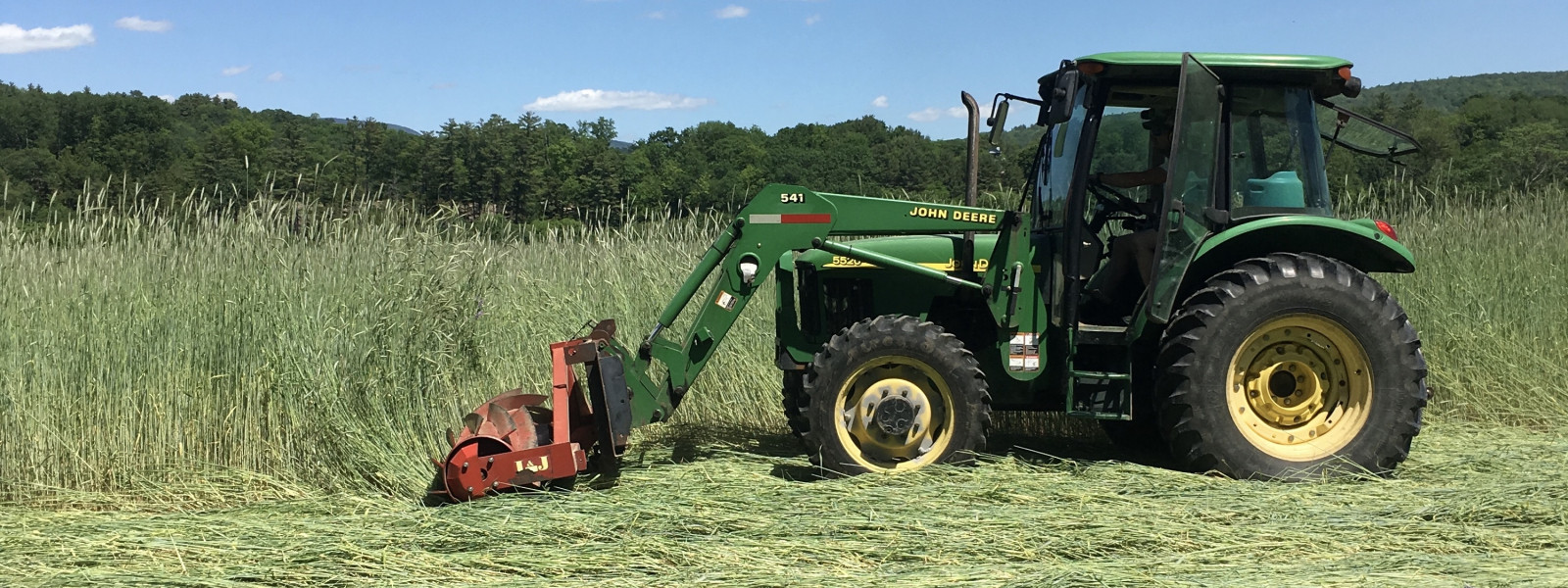
Tips
You searched for organic and found 39 tips.
- Cover Crops – Got an area in the garden that just is not going to get planted? Try a cover crop! Cover crops are crops that are grown simply to enhance soil quality, rather than to directly produce food for people. Cover crops provide food for the living soil. Read more →
- Fertilizing Young Plants – Memorial day weekend is traditionally the time to plant the warm weather garden crops like tomatoes, beans, cucumbers, melons, squash, peppers, eggplant, basil, lavender, rosemary, and all the other tender annual flowers, herbs, and veggies. Young bedding plants do best with a fertilizer boost when planting. Read on to learn more about fertilizing young plants. Read more →
- Geotextiles: Biodegradable Plastic Mulch – Why waste time pulling plastic mulch at the end of the growing year? Experiment with this newly developed biodegradable mulch to save time and energy. Read more →
- Geotextiles: Insect Netting – Insect netting is a thin fabric, similar to row cover yet thinner and more porous. Use insect netting on crops with great pest or bird pressure where there is no need to insulate the crop. Read more →
- Geotextiles: Row Cover or Reemay Cloth – In the Northeast, row cover is a farmer’s best friend. Read more to find out how you can benefit from using this geotextile in your home garden. Read more →
- Geotextiles: Silver Plastic – Aluminum reflective mulch has similar uses to black plastic mulch, however it posses some unique properties. Read more →
- Geotextiles: Typar Field Blankets – Typar is a garden cover that is thicker than row cover. Read more →
- Nematodes 101 – Nematodes are microscopic, worm-like organisms that live in the soil. A single handful of garden soil can contain thousands. While some nematodes can cause harm to plants, others can help your garden thrive. Read more →
- New Potatoes – Potatoes are so versatile. New potatoes are simply baby potatoes. Their skin is very tender and the flavor of the tuber is stronger and less starchy than the full-sized potato. Read more →
- No Till Agriculture – What is No-Till Agriculture? Read more →
